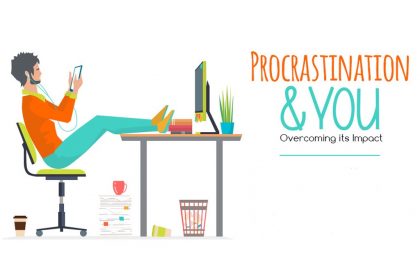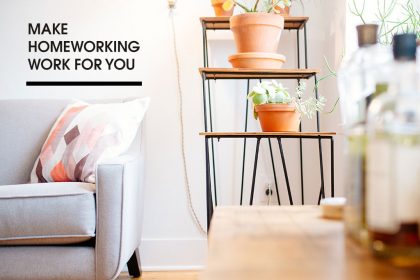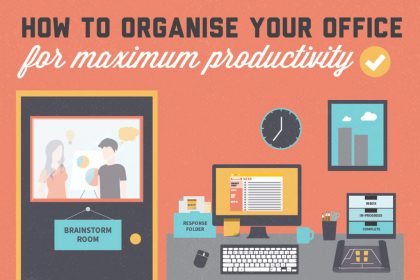Why flexible working mums often waste less time at work
As a working mum depending on flexible working arrangements to achieve a precious work-life balance, it can sometimes feel as if you’re fighting a losing battle to be taken seriously at work.
Often the perception in some workplaces is that working mums who work flexibly are somehow less productive, ambitious or competitive. But thanks to an Australian survey, the truth appears very different.
Why working mums may be more productive
Professional services firm Ernst & Young recently commissioned a report on the role of women in unlocking Australia’s productivity potential. Untapped Potential discovered that, not only were women a much-needed addition to Australia’s labour force, bringing valuable skills and diversity of thought, but that women in flexible roles appeared to be the most productive members of the country’s workforce.
The report showed that women working in flexible roles wasted just 11.1% of their time in a typical working day. In comparison, men in flexible roles wasted 14.2% of time, and men and women in full time roles wasted 14.1% of their time.
This means that, in an average year, working mums and other women working flexibly deliver an extra week and a half of productive work, just by using their time more wisely. Or, looked at another way, for every 71 women a company employs with flexible working arrangements, they get the equivalent of an extra full time employee in increased work.
Working flexibly helps boost career direction
Another misconception about working mums with flexible work arrangements is that they are less ambitious than their full time colleagues. But again, the Australian research disproves this theory. According to the research, 64% of women aged 20-34 who consider they have high flexibility in their job also consider that they have a clear career direction. However, only 10% of women from the same age group who consider they have low flexibility in their job, could say the same.
The report concludes that organisations should prioritise expanding their flexible work options to attract and keep highly motivated, productive women – and not risk sidelining working mums and other women in flexible working positions from career-making roles, opportunities and promotion.
Offering flexible working can help boost national productivity
It also believes that Australia could boost the nation’s business productivity by improving female workforce participation, with flexible work opportunities offered at all levels. It states that, when given the opportunity to work flexibly, women are the country’s most productive employees – wasting as much as $14 billion less each year than their male colleagues.
To help increase female workforce participation they recommend:
- Introducing and extending flexible working practices.
- Offering career opportunities to flexible workers.
- Maintaining the career paths of employees on parental leave.
- Seeking out highly qualified women who fail to enter the workforce.
- Considering people who’ve worked part time for leadership positions.
- Making childcare more affordable.
All welcome recommendations that will make it easier for ambitious working mums to continue their career path after having children, successfully balance work and family, and be able to contribute to both their company and to society in a meaningful and rewarding way.
Do you agree that as a working mum with flexible working arrangements you’re more productive? Share your experiences in our LinkedIn group.










